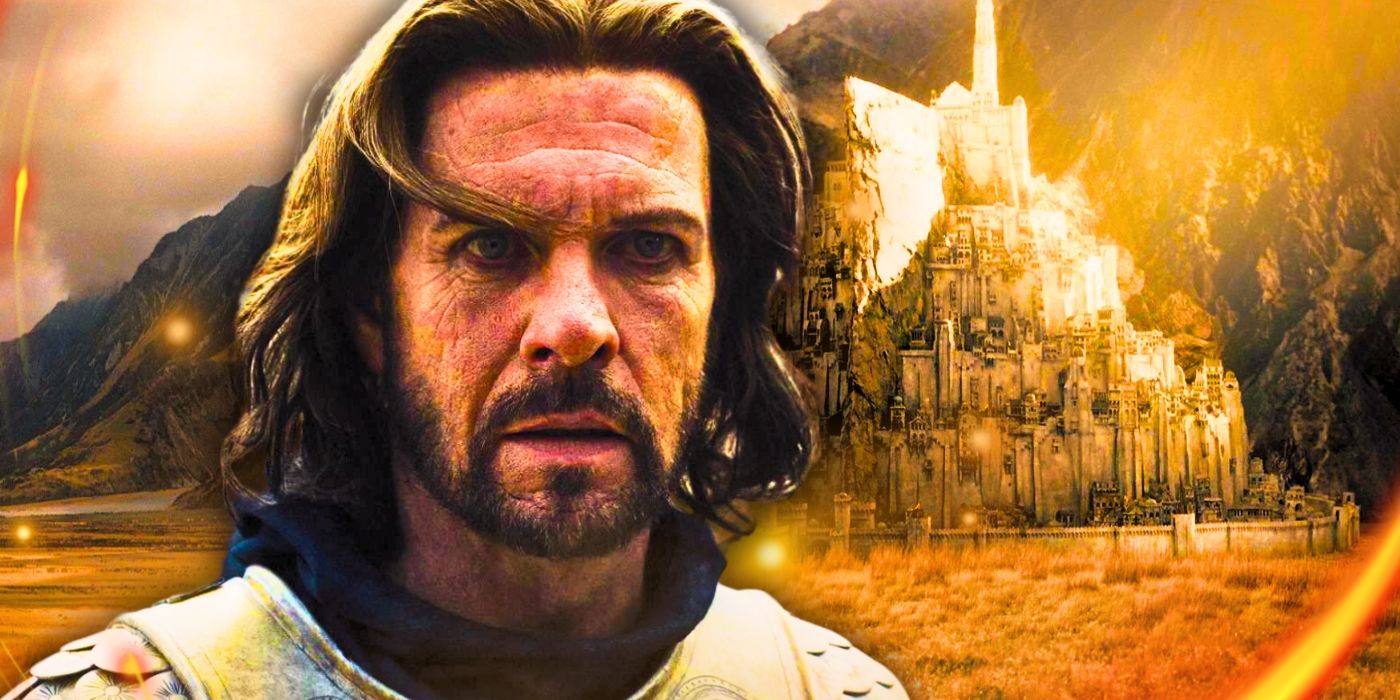
Though Frodo’s journey with the One Ring is the primary story of the Lord of the Rings franchise, it takes up a rather small portion of the full legendarium author J.R.R. Tolkien developed. Recently, more Middle-earth stories have begun development for the screen. Warner Bros and New Line Cinema have The Lord of the Ring: The War of the Rohirrim on the way, which is set about 200 years before the War of the Ring. The Lord of the Rings: The Hunt for Gollum and other projects are also in the works. Still, even combined with Rings of Power, these barely cover the expansiveness of Tolkien’s stories.
A History Of Middle-Earth TV Show Could Cover Dozens Of Tolkien’s Stories
From Creation To The Silmarils & Beyond
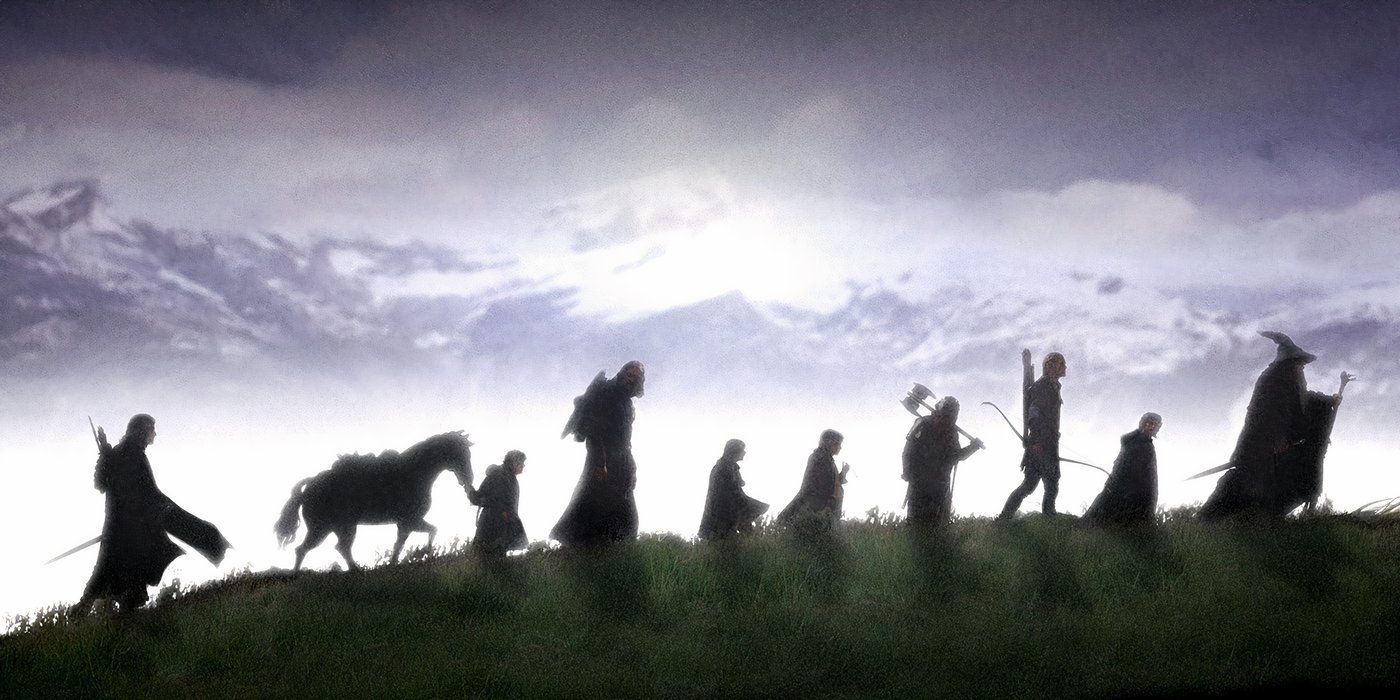
Tolkien’s timeline covers tens of thousands of years, beginning with the creation of the universe and going all the way to Frodo’s final journey to the Undying Lands. The author spent his life writing dozens of stories set in this world, and Hollywood has barely even brushed the surface in the way of adaptations. One potential, efficient way that this could change would be with a “History of Middle-earth” TV show, which would start with the Ainulindalë (Music of the Ainur, or the creation of the universe) and continue through the many important stories in each age of this fantasy universe’s existence.
This would allow all the popular stories fans have been begging for to finally come to the small screen. Melkor’s fall, his friendship with Ungoliant, their destruction of the Two Trees of Valinor, and the theft of the Silmarils could make up a season. The War of Wrath, the story of Beren and Luthien, and the heroic journey of Eärendil and Elwing could make up another. The Children of Hurin would be a particularly thrilling installment, given the immense tragedy of this tale. It could all be brought to the screen in one TV show, and if approached correctly, there would be no need to change the timeline.
An Anthology Approach Would Make Condensing Middle-Earth’s Timeline Unnecessary
The Series Could Seamlessly Jump Through Time To New Stories & Characters
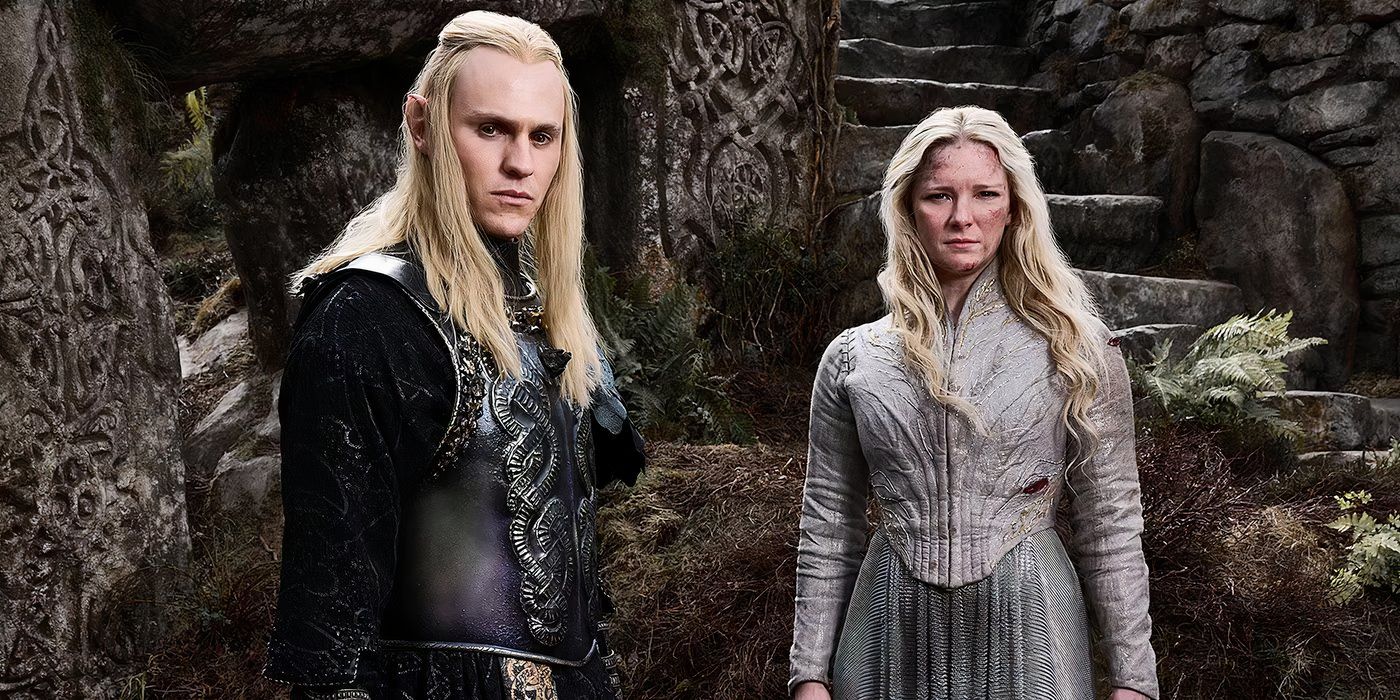
Movie adaptations have no choice but to condense the timeline since the shorter format makes an expansive story impossible. For this reason, TV shows are highly beneficial for complex fantasy adaptations. This was the only way the story in Rings of Power could have worked, but Prime Video was still forced to condense thousands of years down to a handful of decades. This is because of the combination of immortal and mortal characters in Tolkien’s legendarium. Had Rings of Power been true to Tolkien’s timeline, focusing on any human characters would have been impossible.
Some immortal characters might carry over from one season to another, but for the most part, new mortals would be introduced with every new batch of episodes.
A History of Middle-earth series could avoid this if it were more like an anthology. Every season could focus on a new story and set of characters. Some immortal characters might carry over from one season to another, but for the most part, new mortals would be introduced with every new batch of episodes. This would allow for an exciting rotation of actors and provide something extra for audiences to look forward to from season to season. A new installment would essentially be a whole new show set in the same world and with a handful of familiar faces.
Legal Rights Would Be The Greatest Obstacle To A Massive Middle-Earth TV Show
Not All Of Tolkien’s Stories Can Be Adapted To The Screen (Yet)
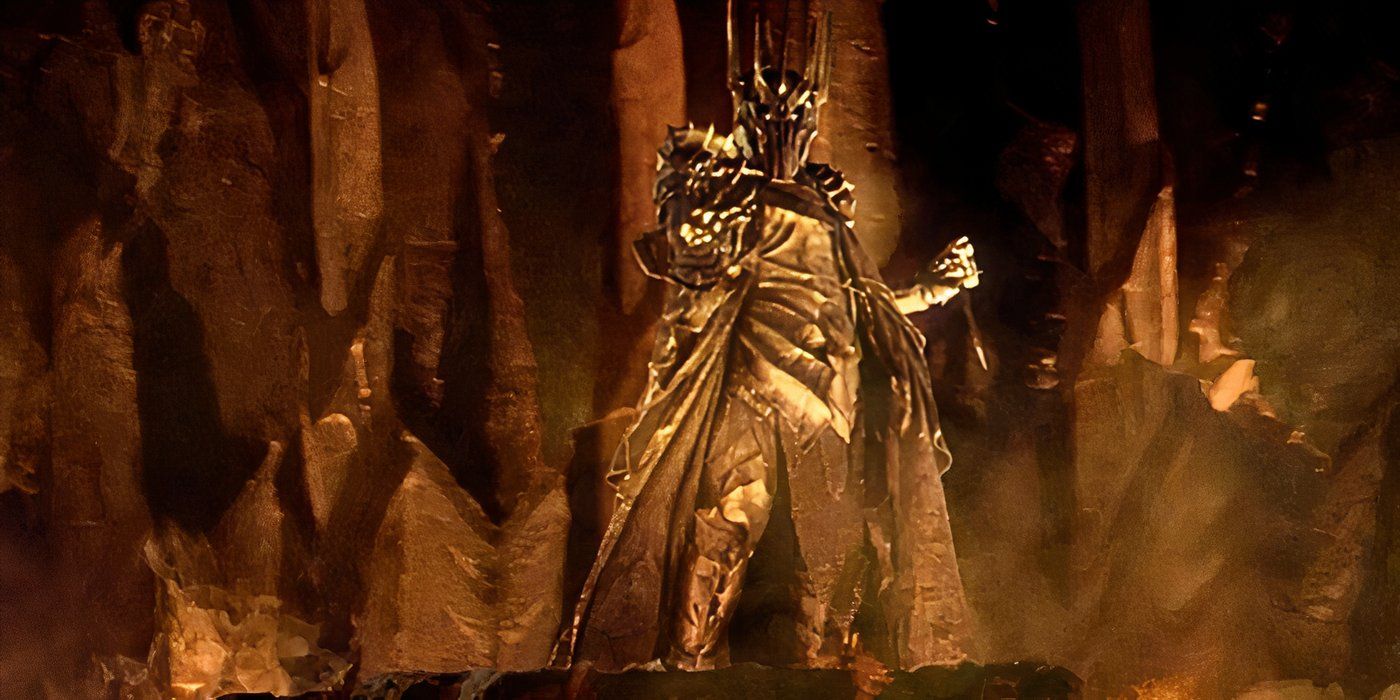
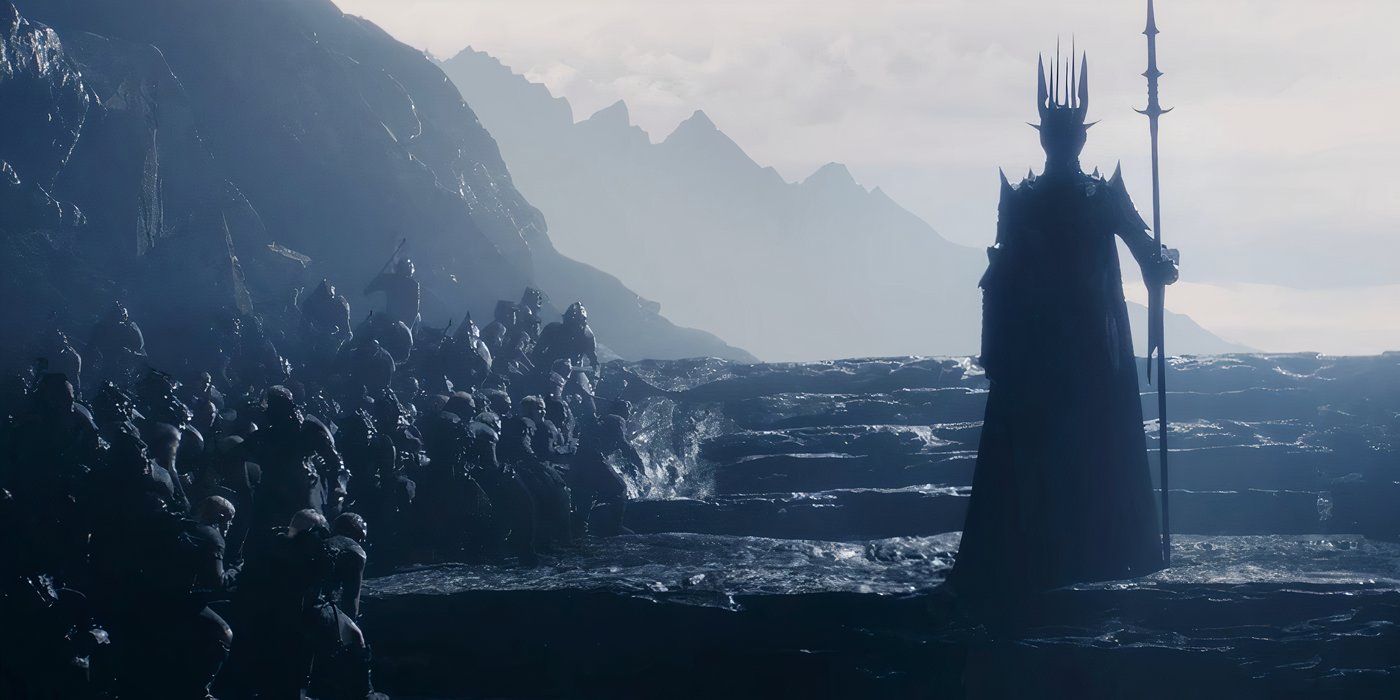
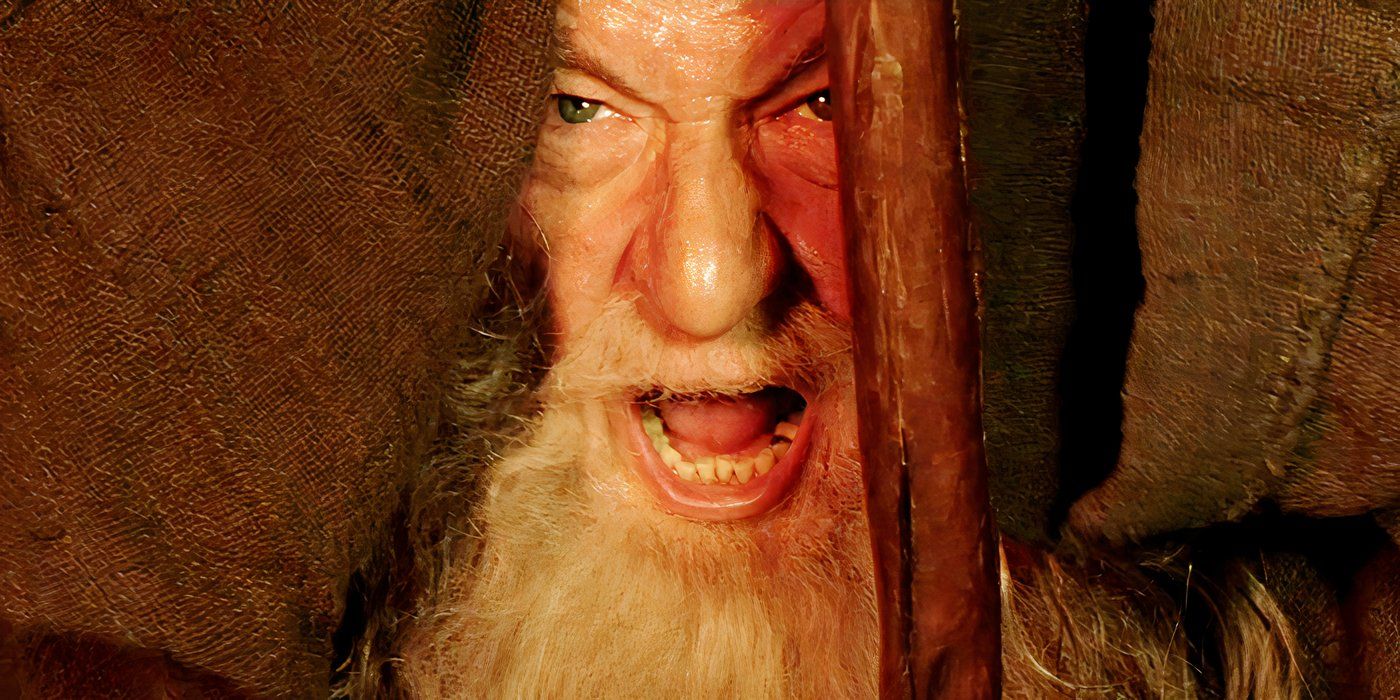
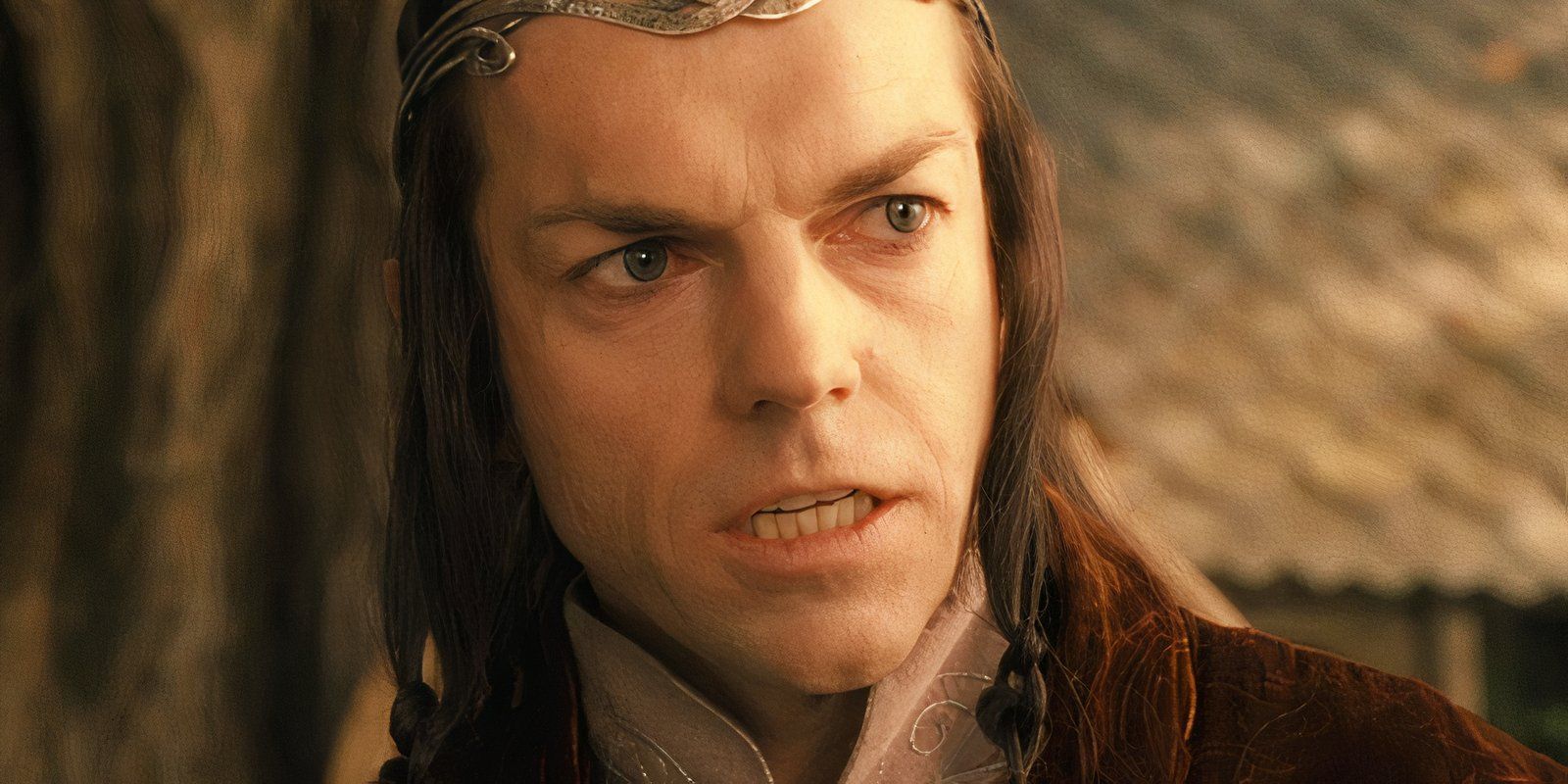
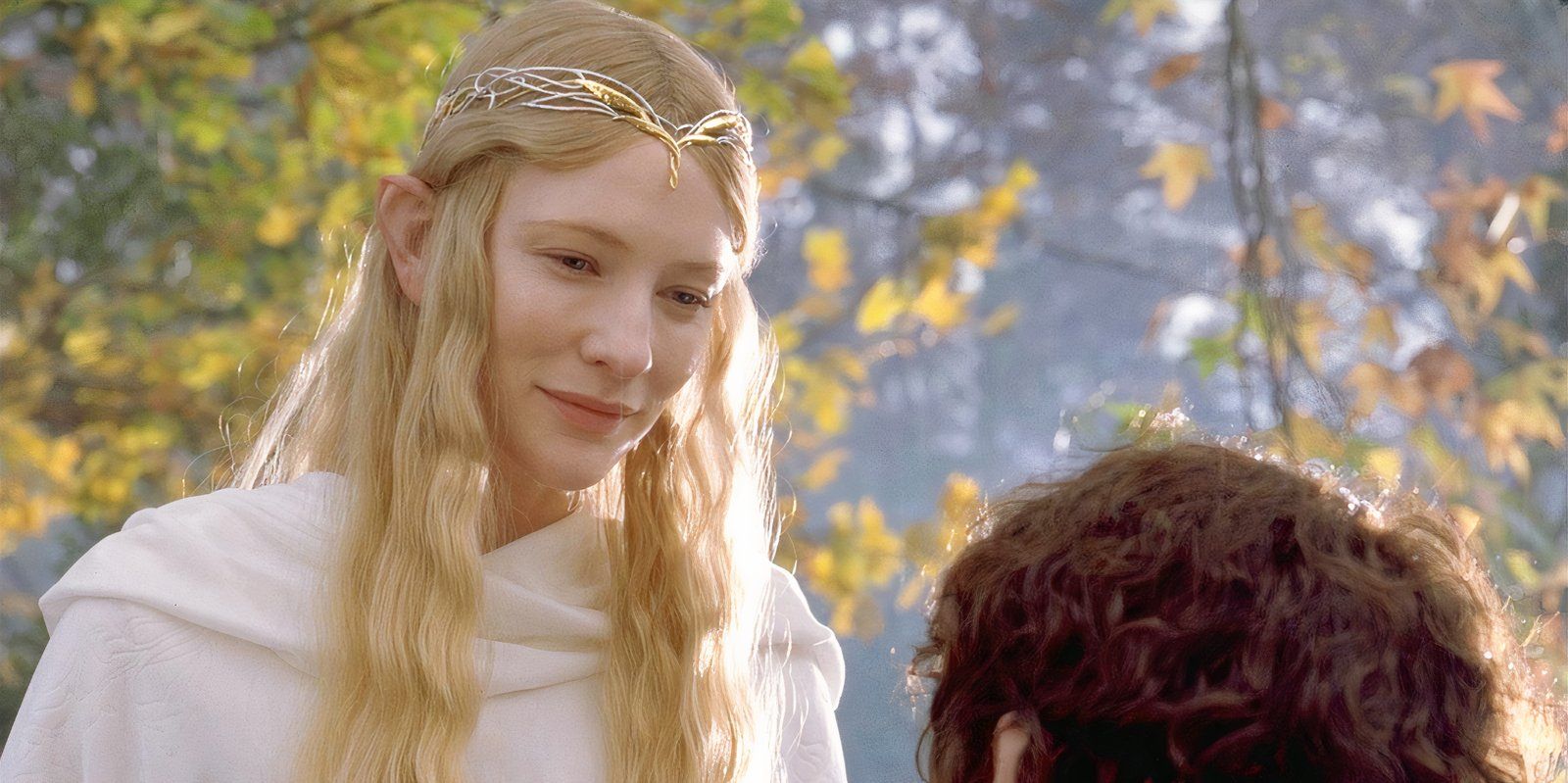





As exciting as a History of Middle-earth anthology series would be, it isn’t currently possible. Tolkien himself sold the movie and TV rights to The Lord of the Rings and The Hobbit while he was still alive, but his estate maintains the rights for The Silmarillion and other works that were published only after the author’s death. These books were published under the guidance of Christopher Tolkien, J.R.R.’s son, who was vehemently against screen adaptations and, therefore, held these rights firmly. Decades later, most First Age can’t legally be brought to the screen.
However, there is some indication that this could change. Amazon has managed to secure rights for certain names and subjects that should have fallen outside its purview for Rings of Power. This suggests that the company came to some agreement with Tolkien’s estate regarding partial rights. As the Lord of the Rings franchise continues to expand and hopefully prove that screen adaptations would be handled respectfully, further exceptions could be made. Perhaps it won’t be anytime soon, but an expansive TV show based on the full history of Middle-earth could one day become a possibility.


